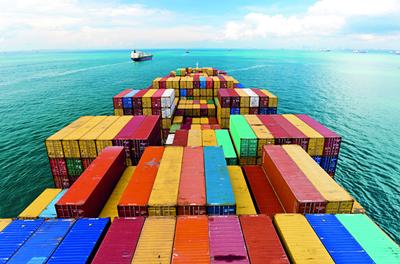The UK maritime sectors beyond Brexit

The IML and SMMI are pleased to announce publication of the report "UK Maritime Sectors Beyond Brexit" which is a comprehensive review of the legal implications for the maritime industries following the UK's departure from the EU and its legal framework of regulations and directives.
Brexit will return to the UK exclusive national competence for law making and regulation, and the UK will negotiate, participate in and implement international agreements in its own right, ending the position of the past 44 years by which several competences were transferred either exclusively or jointly to the EU. Society, policies and the associated laws have evolved significantly over this period.
While the UK’s current laws are harmonised to a large degree with those of other EU Member States, facilitating trade and the single market, Brexit will remove the basis for many of them. The European Union (Withdrawal) Bill – formerly known as the Great Repeal Bill – will, once enacted, transform almost all EU laws into UK laws. Though necessary to avoid disruption to everyday operations post-Brexit, it is not without complications and transitional provisions may be needed in several sectors.
The four sectors considered in the report are (1) legal services to shipping and the role of London as an international dispute resolution centre; (2) shipping itself, both from the aspect of the UK as a flag State and that of shipping regulations; (3) fisheries; (4) existing and future international trade contracts, including the impact of a future trade deal with the EU on these four sectors.
A first question for this report thus concerns the areas where the adoption of EU laws will not provide a sustainable solution on these sectors and which require some other legislative intervention. In the longer term the revival of the UK’s power to develop its own policies and laws will gradually diminish the extent of harmonisation with the EU. However, EU law has both internal and international dimensions. Distinguishing between the two elements is important because the UK will not necessarily have the same choices with regard to the international component as it will in relation to the EU-internal one. Hence a second objective of this report is to identify and separate EU and international law implemented by existing UK legislation in the selected sectors.
The main results of the report were discussed in a stakeholder workshop held in London on 22 June 2017, and the report contains a section on the outcomes of the workshop.